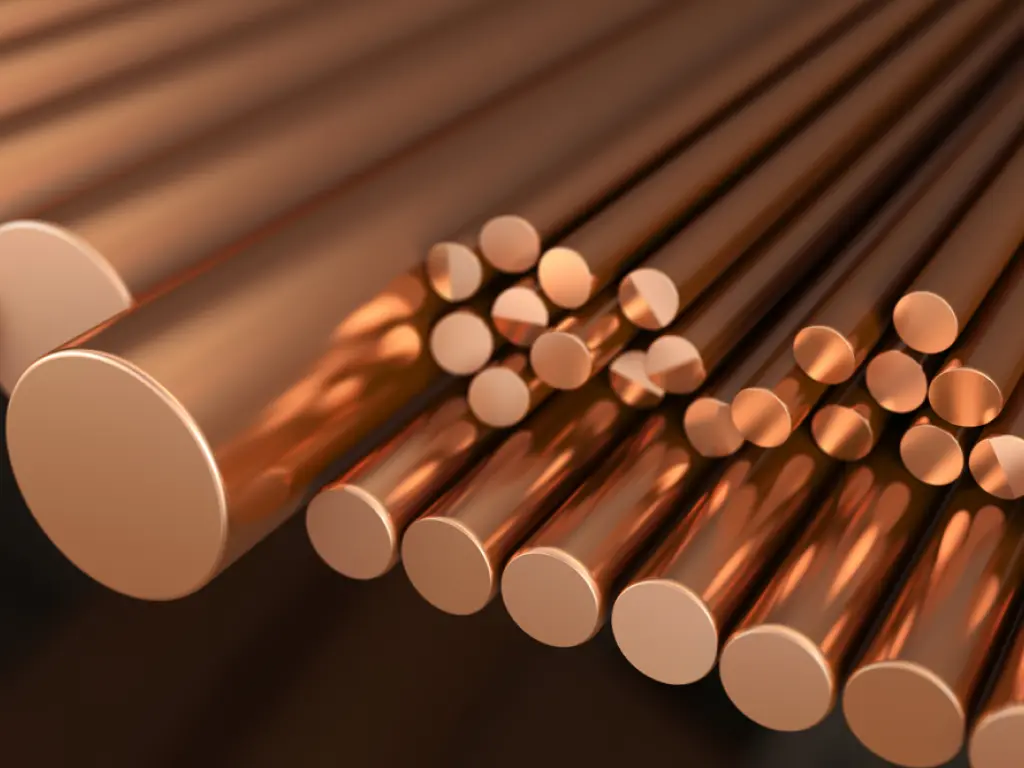Non-ferrous metals offer a vast array of benefits for various applications. However, working with them requires specific approaches compared to ferrous metals. This blog post by RS Traders, a leading non-ferrous metal supplier in India, explores essential fabrication techniques and considerations for working with these versatile materials.
Fabrication Techniques for Non-ferrous Metals
The choice of fabrication method depends on the specific metal, desired outcome, and project requirements. Here are some common techniques used for non-ferrous metals:
- Machining: Many non-ferrous metals are highly machinable, allowing for efficient shaping using techniques like drilling, milling, and turning.
- Forming: The excellent malleability and ductility of many non-ferrous metals make them suitable for forming processes like bending, rolling, and forging.
- Casting: Molten non-ferrous metals can be cast into intricate shapes using various casting techniques such as sand casting, investment casting, and die casting.
- Joining: Techniques like soldering, brazing, and welding can be used to join non-ferrous metals, requiring specific considerations based on the metal type.
- Additive Manufacturing (3D Printing): Emerging technologies like 3D printing offer exciting possibilities for creating complex non-ferrous metal components with unique designs.
Important Considerations When Working with Non-ferrous Metals
While non-ferrous metals offer advantages, some factors require careful attention during fabrication:
- Melting Point: Non-ferrous metals generally have lower melting points compared to ferrous metals. Processes like welding need to be adjusted accordingly to avoid overheating and damaging the material.
- Work Hardening: Certain non-ferrous metals can become harder and more brittle with repeated working. Annealing processes may be necessary to restore workability.
- Reactivity: Some non-ferrous metals can react with specific elements or environments. Understanding these reactions is crucial to select appropriate fabrication techniques and prevent corrosion.
Benefits of Working with a Reputable Non-ferrous Metal Supplier
Partnering with a reliable non-ferrous metal supplier like RS Traders offers several benefits:
- Material Expertise: Our team possesses in-depth knowledge of various non-ferrous metals and their fabrication characteristics. We can advise you on the most suitable techniques for your project.
- High-Quality Materials: We offer a wide range of non-ferrous metals in various grades and forms, ensuring you have the right material for your fabrication needs.
- Technical Support: Our team can provide technical support and answer your questions regarding fabrication techniques and best practices for working with non-ferrous metals.
Unlocking the Potential of Non-ferrous Metals
By understanding fabrication techniques and considerations, you can unlock the full potential of non-ferrous metals in your projects. Partnering with a knowledgeable supplier like RS Traders can further empower you to achieve successful fabrication results.
Contact RS Traders today to discuss your non-ferrous metal fabrication needs and get expert advice from our team. We’re here to help you bring your projects to life!
ation.


0 Comments